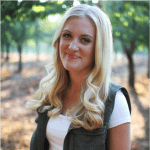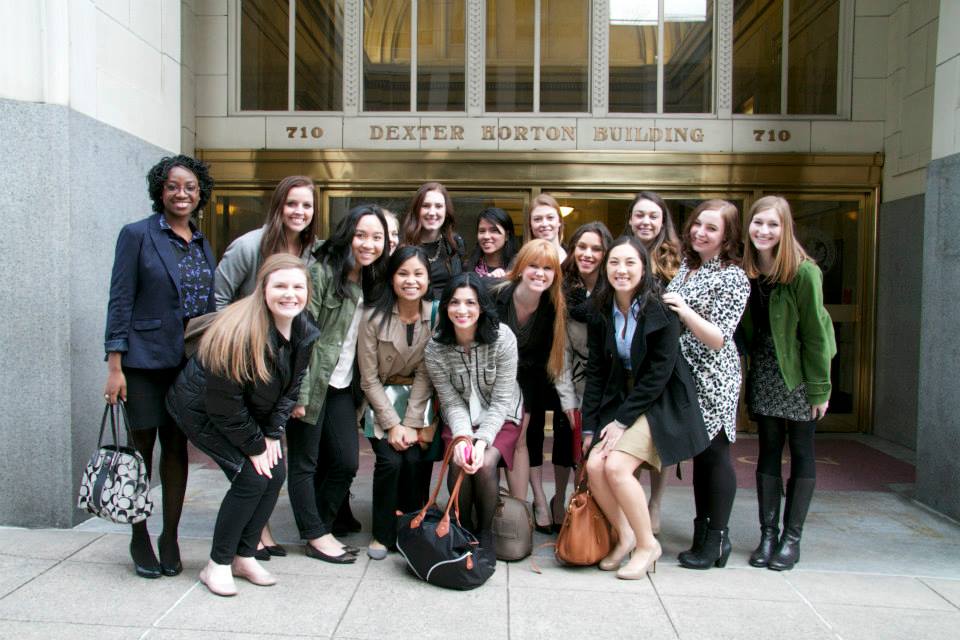By Kate Templeton
As a junior in college, I am very focused on learning how to prepare myself for a future career as a public relations professional. I imagine many of you are also pondering and planning what steps you should be taking while you are still a student to best set yourself up for success after graduation. Fortunately, as journalism and communication students, we have access to many outstanding resources for guidance. For this week’s blog, I decided to ask an expert. I reached out to the SOJC Dean, Juan-Carlos Molleda, to hear his perspective and recommendations on what to do to be a successful public relations student. He provided me with some incredible insight and advice. Below are some highlights of our discussion.
How can students make the most out of their time as a UO PR student?
Dean Molleda explained that actively participating in classes is extremely important. Students who ask questions, engage in class discussions and interact with faculty are able to gain more than those who just show up to lectures. He also went on to explain that getting involved in extracurricular activities outside of a student’s major is essential, too. He feels that in our ever-changing world, it is important to be knowledgeable about global issues and to be up-to-date on current events in the news. Dean Molleda suggests getting involved in a variety of activities on and around campus to become a more informed citizen.
What are some things PR students can do to set them up for success while in college?
While students are still in school, Dean Molleda recommends actively networking. He explained that networking is a necessity when trying to maintain relationships and establish solid connections. He also emphasizes that one should not be solely focused on getting multiple internships while in college, but the importance of doing high-quality work and having successes while at these internships. This will help students create real world networks that will help them post-graduation. Dean Molleda also suggested utilizing the many resources that Allen Hall offers. For example, guest speakers that come and speak to student groups are a great way to learn about a field of interest, and a way to network with a professional who is actually in that field.
What are must haves when looking at resumes of PR students?
A student’s resume can completely make or break them when applying for jobs. Dean Molleda stresses the importance of having a clean and clear resume, with absolutely no typos. He also reiterates the importance of having unique experiences on the resume. Having solid work experience is a must, but having additional and diverse skills is equally as crucial. Employers want to hire people with skills; they want to see if PR students have the capability to work with various software programs, social media, analytics, etc. Dean Molleda states that “Internships are important, but students need additional skills, experiences and expertise to really make their resume and portfolio stand out amongst the rest.”
What are some things all PR students should know about the field?
In a workplace, the term ‘public relations’ isn’t always used. Dean Molleda explains that there are an array of different titles other than PR used in the real world. The job title could possibly be called public affairs, corporate communication, communication specialist, project manager, etc. He explained that because of the many career possibilities for PR students, it is imperative to be familiar with the variety of jobs students can apply for and obtain. Dean Molleda explains that “We are in a golden age of PR because of technology, so it is extremely important to understand technology and all of its uses.” The basics are still needed in PR: writing, speaking, presentation, critical thinking, etc. But being proficient with technology is now a necessity in the field. To close the interview, Dean Molleda gave one last great piece of advice. He said there is one specific word he likes to use when explaining what a PR professional needs to have in order to be successful in the field, and that word is ‘resilience.’ Having resilience is a valuable skill because it shows that a person will work hard and use all their abilities to get the job done, no matter the obstacles they may face.















